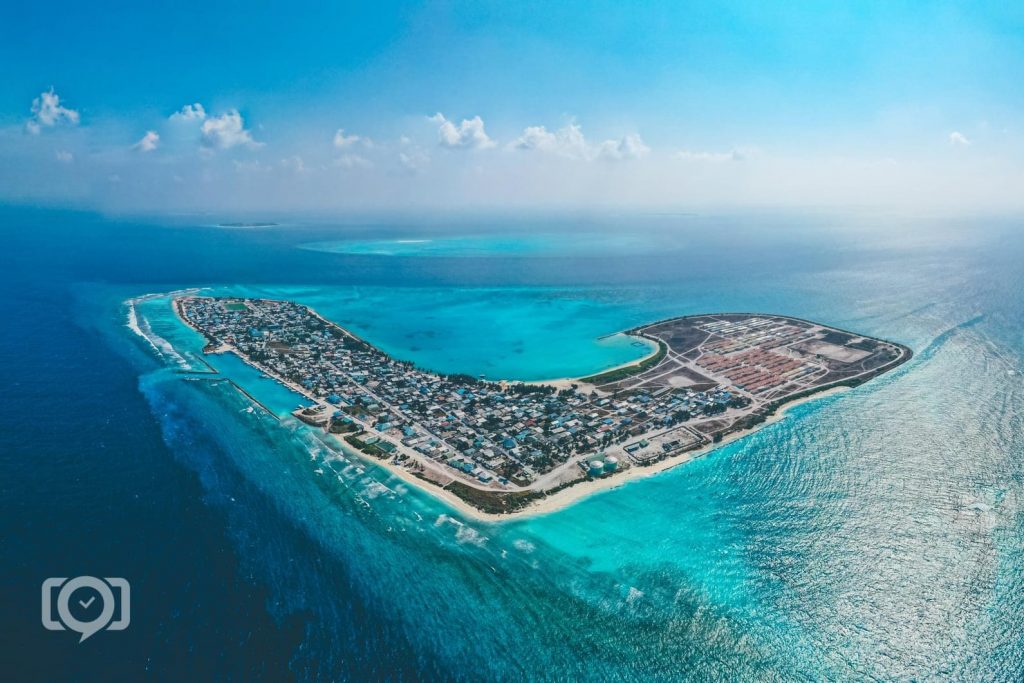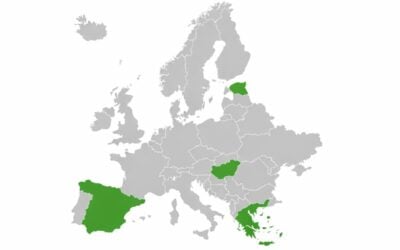
The government of the Maldives is seeking input on flow battery-based energy storage systems on two of the country’s 1,192 islands.
The Republic of Maldives Ministry of Environment, Climate Change and Technology (MECCT) said earlier this week (13 November) that an hour-long market sounding session will be held next Monday (20 November).
The session will discuss the deployment of flow battery systems totalling approximately 6MWh on two outer islands of the South Asian archipelago, as well as energy management system (EMS) technology. The scope of the project will be for the design, supply and installation of the systems.
The online session is being held to gather information and feedback from interested parties and the ministry said in an announcement that it “does not constitute a formal procurement process” at this stage.
Try Premium for just $1
- Full premium access for the first month at only $1
- Converts to an annual rate after 30 days unless cancelled
- Cancel anytime during the trial period
Premium Benefits
- Expert industry analysis and interviews
- Digital access to PV Tech Power journal
- Exclusive event discounts
Or get the full Premium subscription right away
Or continue reading this article for free
The flow batteries would be deployed as part of the Maldives’ Accelerating Sustainable System Development Using Renewable Energy (ASSURE) Project, for which the largest share of funding, US$41.5 million, is being provided by the Asian Development Bank (ADB).
While the flow battery procurement is on a pilot or demonstration project basis, a procurement for around 40MWh of lithium-ion battery energy storage system (BESS) capacity and EMS for deployment on 18 islands was launched in August through the project, as reported by Energy-Storage.news.
ADB said in September as it approved its financing package for ASSURE, which totals US$50.5 million including an US$8.5 million concessional loan from ordinary capital resources and US$500,000 from the Climate Change Fund, that the installation of grid-scale energy storage will help attract private sector investment and enable the local deployment of rooftop, ground mount and floating solar PV.
Meanwhile Japan’s government, contributing US$6.2 million in grant funding to ASSURE through its Japan Fund for the Joint Crediting Mechanism (JFJCM) trust fund within the ADB, said it would be directly funding the flow battery systems as part of microgrids on the islands of Dhidhdhoo and Nilandhoo. In addition the JFJCM funding would also go towards an ocean-based renewable energy (presumably tidal) installation.
The ADB noted in official projects documents that the Maldives is an extremely climate-vulnerable nation, with more than 80% of its land area less than a metre above mean sea level. With its many islands, the country is unable to have a centralised power grid, and instead relies on about 320MW of individual diesel generator-run power plants on 186 of the inhabited islands, and presently about 37MW of solar PV.
That means fuel and therefore electricity costs are high, between US$0.30 and US$0.70/kWh and both the cost of fuel and electricity generation require government subsidies. In 2021, around 1% of the Maldives’ gross domestic product (GDP) was spent on those subsidies, while the cost of diesel itself was equivalent to 7.8% of GDP.
See the government announcement of the sounding session on 20 November, with link to join, here.





